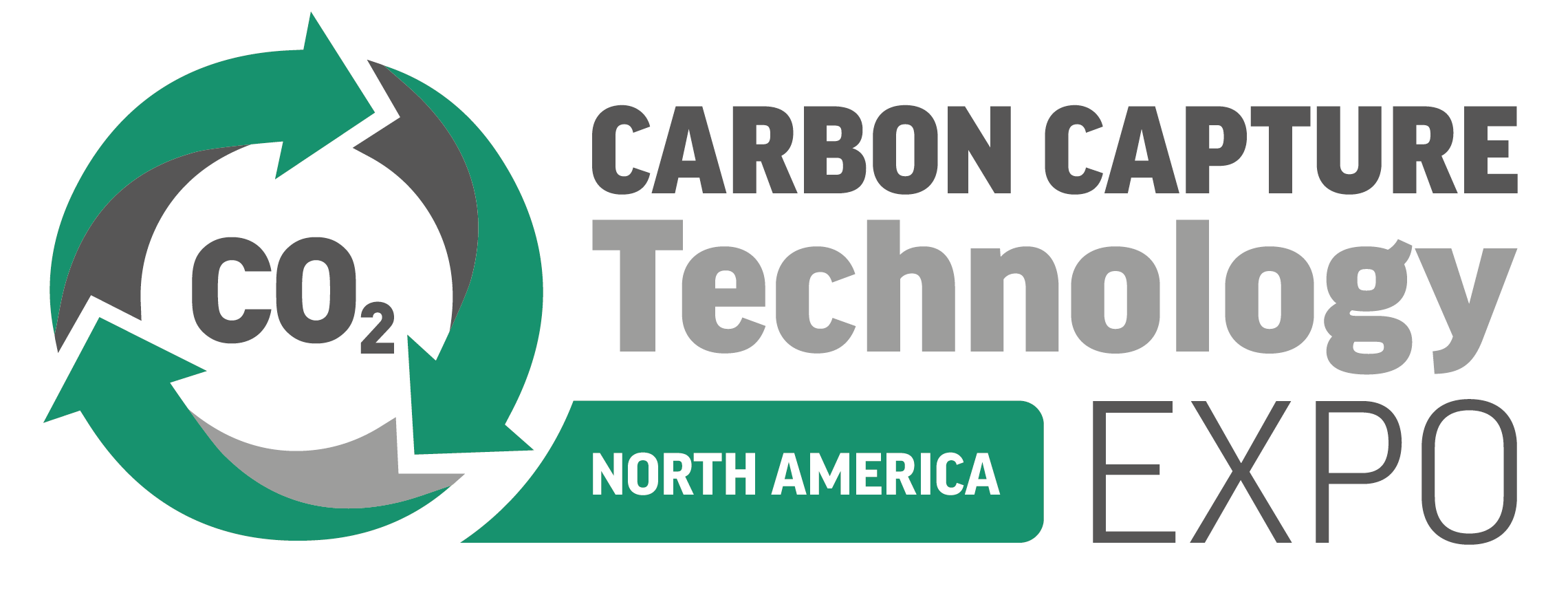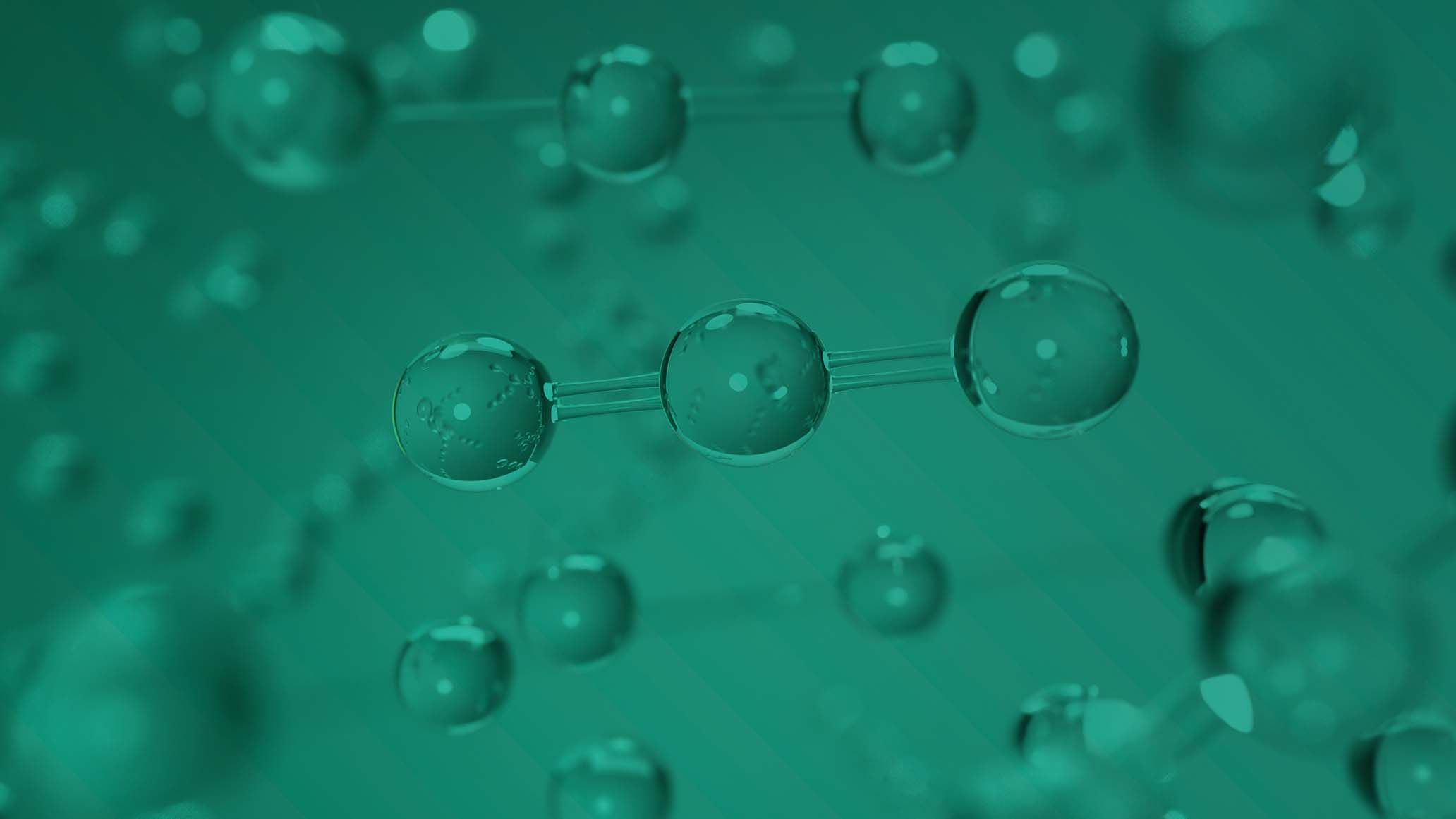NETL researchers show interest in the use of catalysts in carbon capture techniques
)
Recently NETL researchers were developing carbon dioxide conversion technologies and it was during this research that they had a breakthrough concerning catalysts. The discovery showed that the material that the catalyst is fixed to, the support, has the ability to have a large effect on the catalyst’s performance.
The team were able to discover this, through the use of NETL’s unique surface science equipment, along with their computational modeling capabilities. Combining these technologies enabled the team to grow, analyse and quantify interactions that occurred between small silver particles and carbon catalyst supports. This discovery occurred, whilst the multi-disciplinary NETL team were focusing on investigating potential solutions which would help them overcome the problems they were facing. These problems were associated with a decrease in selectivity as the particle size of catalysts decreased. These particles were based on gold, copper and silver, also known as coinage metals.
This breakthrough led the NETL team to discovering that by creating defects within the carbon supports, the increased surface area around the metal-carbon interactions between the supports and small-diameter silver particles, improved catalytic activity. This discovery not only increased interest in the use of electronic metal support interactions (EMSIs), but also, through a demonstration done by the team, the importance of EMSIs was also highlighted. This demonstration involved growing small silver nanoparticles at the defect sites of a commonly used carbon black (CB) support. The CB-supported silver nanoparticles, exhibited both EMSIs and high selectivity during the six hours of electrolysis.
This set of experiments produced multiple benefits and improvements to this system, including energy efficiency, boosted catalyst performance and a clear reduction of the amount of expensive metallic catalyst materials which would previously have been needed for this system. The change to the use of better materials, will help the system to function, whilst also helping the nation reach its decarbonisation goals.
Furthermore, alongside this new interest in EMSIs, there has also been an increased support in the use of carbon as a catalyst support. This interest stems from the idea of using carbon-based supports and metal/oxide nanostructures to enhance interactions. This new technique, suggests new advancements and improvements within the carbon capture industry.
NETL’s lead author Xingyi Deng, commented, “By tuning the catalyst-support interactions, we were able to ‘turn-off’ competing reactions and boost CO2 conversion selectivity to nearly 100%. These catalyst supports were previously thought be inert and to have little effect on performance. This research has opened a new avenue for creating active and selective nanocatalysts.”
Deng continued, “Knowing how integral EMSIs are to designing a highly active and selective silver nanocatalyst on a carbon-based support, we believe that this insight could be used as justification for investigating how EMSIs might impact other catalysts used for carbon conversion such as tin, bismuth and copper.”
Co-authors Dominic Alfonso and Douglas Kauffman, added, “Typically, when designing a nanocatalyst, we can reduce the particle size to achieve higher surface area to maximise catalyst utilisation. However, this is not the case for electrochemical CO2 reduction using catalysts based on coinage metals. In this case, very small particles tend to lose product selectivity below a diameter less than three nanometers. So, we started looking at carbon catalyst supports to see if they could enhance electrocatalytic reactions, thus breaking the size-dependent selectivity trend.”



)
)
)
)
)
)
)



)
)
)
)
)
)
)
)
)
)
)
)
)
)
)
)
)
)
)
)
)
)

)

)
)
)

)
)
)
)
)
)
)
)
)
)
)

)

)
)
)
)
)
)
)
)
)
)


)
)
)

)
)
)

)
)
)
)
)

